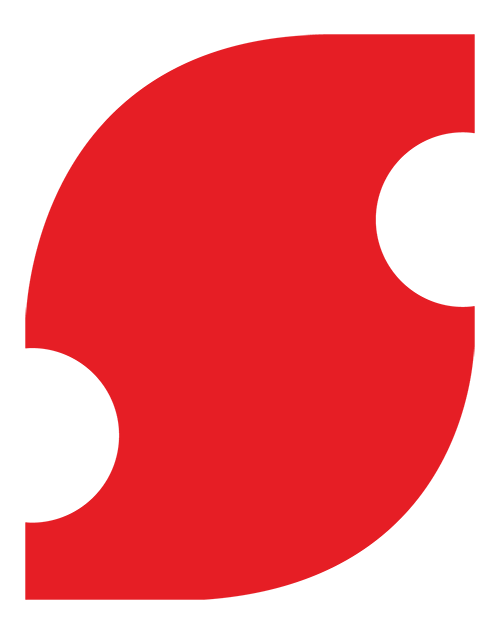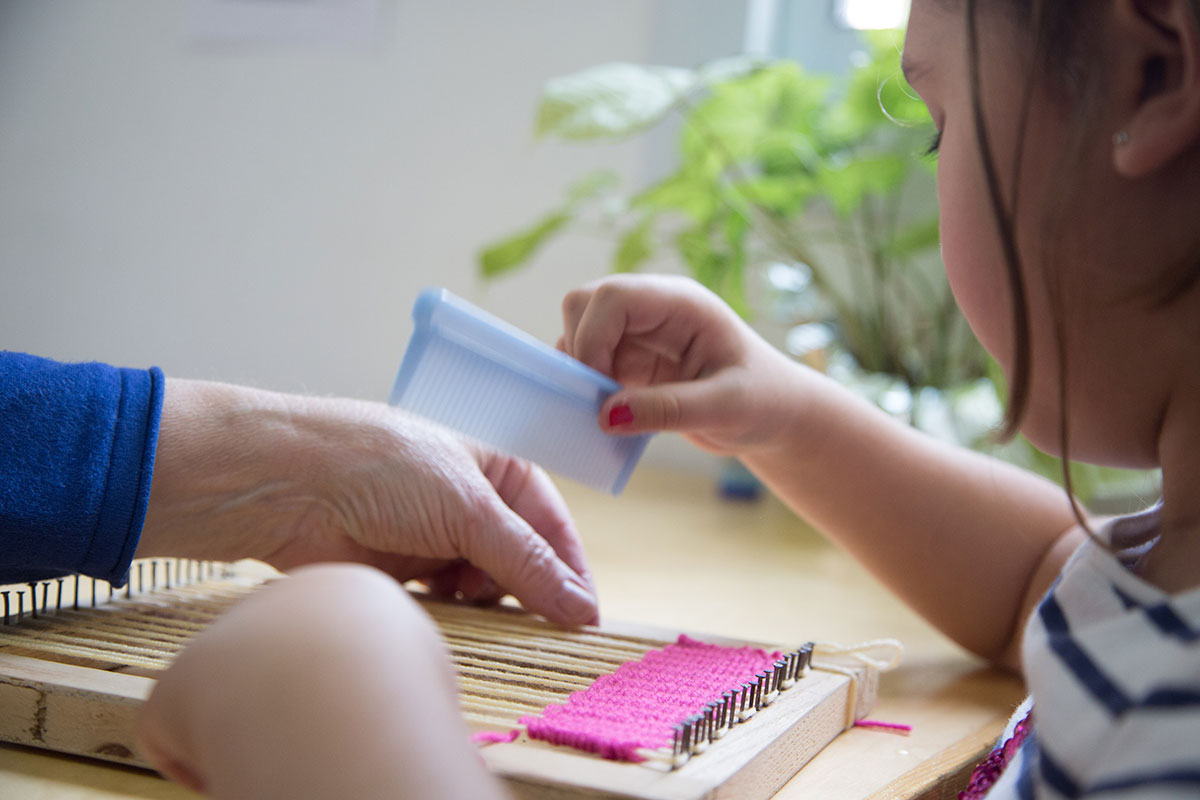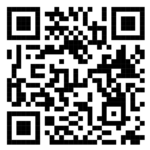A SCHOOL FOR
THE CHILDREN
Traditional schools tend to teach according to the “6S/1E Principle”. All children at the same age should achieve the same goal at the same time, with the same teacher, using the same materials, at the same pace, equally well.
Children who do not fit in this system will be sanctioned: they have to take private lessons, repeat the school year or – if they are ahead of their peers – need to wait for their classmates to reach the goal before being able to move on. The limitations of such a system are that highly committed teachers are barely able to provide
individual attention. Hence, not the needs of the child, but rather the class timetable will define educational progress.
Children are expected to function according to the requirements of the school.
The educational concept of our school pursues a different approach, it puts the child’s natural desire to learn at its center.
Learning is dynamic, and, as a school, we feel responsible to respond to changing requirements and needs. We, therefore, aim at finding the appropriate system for every individual student, rather than trying to fit them into a predefined system.
Each child studies and learns at their own level and pace, and under the continuous and individual guidance of their teachers. Our community-oriented setup encourages children to also help and support each other.
CURRICULUM
Our BEST ME FOR A BETTER WORLD belief is fundamental to learning at KOMPASS. The KOMPASS School curriculum is developed to make learning relevant, connected, rigorous and enjoyable for our students as they progress within and beyond our school, to discover their best selves with the aim of making the world they live in a better place.
IPC and IMYC
KOMPASS students learn through the thematic transdisciplinary approach of the IPC (International Primary Curriculum) and the IMYC (International Middle Years Curriculum) developed by the ICA (International Curriculum Association, please see: Schools International Curriculum
The IPC and IMYC build on our educational philosophy of placing the child at the center of the learning environment and process, through all stages and ages. The transdisciplinary approach empowers students to delve into relevant and broad themes that help them develop their critical thinking, problem solving, subject knowledge, and creativity. It also integrates the United Nations Sustainable Development Goals of 2030 into learning, and it is founded on evidence-based brain science of child development.
The IPC and IMYC are internationally recognized and benchmarked to all major international curricula, including the US Common Core, the English National Curriculum, German state curricula, and the IB. The curriculum is designed to be a rigorous and learner-centeredStudents who complete the IMYC are prepared to naturally transition to the IB Diploma Program in high school.
National Benchmarks
We also benchmark our learning through national standards, ensuring compliance with selected elements of the US Common Core Standards (NYS P-12), the Bildungsplan der Grundschule (Germany, Baden-Württemberg), and the Egyptian National Curriculum.
SCHOOL WITHOUT WALLS
As a progressive school, we believe in opening a world of opportunity for our learners. Our School Without Walls program enhances learning through experiential hands-on, community-based learning. Students learn outside the walls of our campus through partnerships with local organizations. Parents and other members of our school community are also invited to join our SWW program, to enrich the learning experience at the KOMPASS School.
Singapore Math
We are excited about being able to support our students in their quest to develop their best selves also in math. We complement our curriculum with one of the world’s most effective models for learning math: the Singapore Math Program. It emphasizes the importance of concrete understanding through hands-on learning of math. Students learn math through three distinct phases of learning: concrete, pictorial, then abstract learning. This learning sequence allows students to learn math through experience, empowering them to think logically and solve problems.
CREATIVE &
RESPONSIBLE
INDIVIDUALS
Our team of educators are dedicated to educating and inspiring our school children to become confident, creative and responsible individuals who learn to take responsibility for themselves and for others. We believe that academic success must go hand in hand with a strong social and emotional development.
The KOMPASS School is a learning community in which everyone knows and cares about each of its members, and where parents are welcome to bring in their own interests and skills. Our focus on health and nutrition creates a balanced, full experience for the children.
KOMPASS is a place where children want to be, where they thrive and play and run and work hard. A place they feel loved and where their voices are heard. We value diversity and consciously create a sense in the children that they are an important part of our world, and that they have a responsibility in their community, both locally and globally.
For a vibrant democracy and economy, we need future world citizens who can think independently. Children must learn to grapple with complex problems, manage large bodies of information, and have the self confidence to their vision of the world into practice.
THE DAY AT
THE SCHOOL
The KOMPASS school is based on an academic and enrichment model, in which all of the traditional subjects are actively pursuit, but in which conceptual knowledge (learning for understanding) is the goal.

CLASS SIZES
With less than 10 children, class sizes remain small to meet the needs of the children and to ensure that they receive the support and guidance that they need to find and to pursue their individual learning path.
COLLABORATIVE
LEARNING IN
SMALL GROUP
Research on creativity at Project Zero (Gardner’s project at Harvard) has determined that working in small groups made up of children and informed adults is a powerful way
for children to learn. At KOMPASS, most projects will be pursued by groups of 2 to 8 children, guided by a teacher or sometimes a paret who is interested or an expert at the particular subject.
Some projects might last a few days, others an extended period of time.
Every effort is made to connect learning with real world endeavors. In projects children also engage in academic skills, write, read graphs and present their outcome.
EXTRACURRICULAR ACTIVITIES
Our afterschool activities include a variety of classes, such as dance, chess, guitar, gymnastics, needlework, tech club, tabla, typewriting and ukulele.





MOVING ON
Children leave our school when leaving Egypt to join a school abroad or they transfer to international schools in Egypt.
Consistent feedback from parents and school teachers has shown that children who have spent a good portion of their early years at KOMPASS, transition easily and successfully, not only because of their academic and language skills.
Children who leave our school often also strike with both, their self-regulation and inner discipline, as well as with their social and emotional competences that often make them a role-model in their new environments.

Kompass Location: 13 Street 83, Maadi, Cairo
Directions in Google Maps : CLICK HERE
POSTAL ADDRESS : PO BOX 11431, MAADI, CAIRO.

